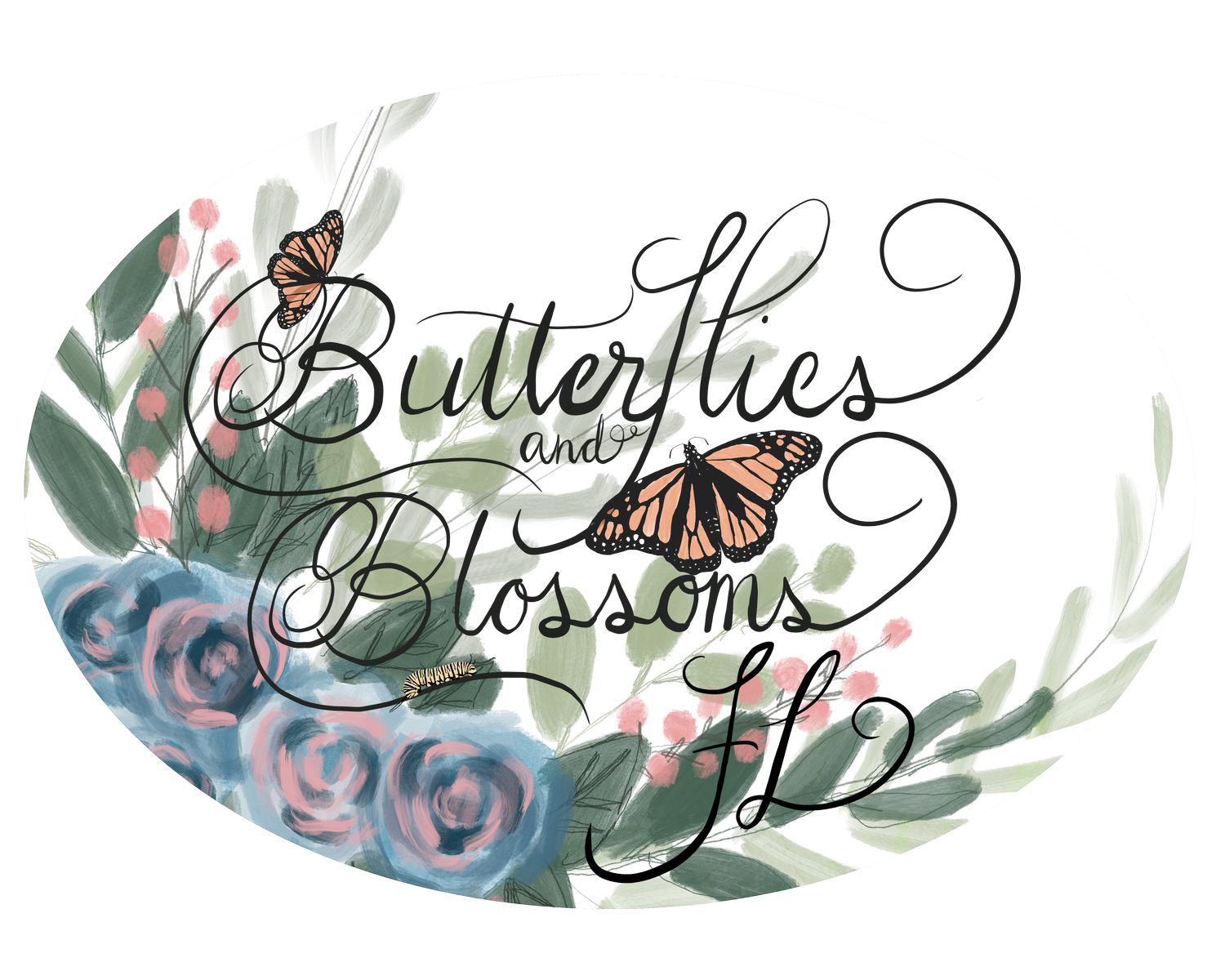Diary of a Gardener - Horticultural Therapy at Home: Easy Ideas That Uplift
Gardening isn’t just about growing beautiful plants—it’s about growing yourself too. As a horticulture professional and plant lover, I’ve witnessed firsthand how connecting with plants can reduce stress, improve mood, and bring a deep sense of peace. That’s the heart of horticultural therapy—using gardening as a tool for wellness, reflection, and healing.
The best part? You don’t need a fancy garden or professional program to start. You can bring the benefits of horticultural therapy right into your own home with simple, intentional practices that nourish both your space and your spirit.
What Is Horticultural Therapy?
Horticultural therapy is the use of plant-based activities to support physical, emotional, and mental well-being. It's practiced in hospitals, assisted living centers, schools, and community gardens—but it can also be woven into your daily life at home.
It’s not about being the perfect gardener. It’s about being present, slowing down, and letting plants do what they do best—grow, ground, and inspire.
7 Simple Horticultural Therapy Ideas You Can Do at Home
1. Create a Sensory Container Garden
Use a small container or raised bed to grow plants that stimulate all five senses:
Sight: Colorful flowers (zinnias, marigolds)
Smell: Fragrant herbs (rosemary, basil, mint)
Touch: Textural leaves (ferns)
Taste: Edibles (cherry tomatoes)
Sound: Grasses or plants that rustle in the breeze (fountain grass)
Tending to this garden for just a few minutes a day can calm your nervous system and help you stay grounded.
2. Start a Morning Plant Ritual
Pick one plant—maybe a favorite potted houseplant or something growing on your porch. Each morning, spend just a few minutes:
Checking its leaves
Watering if needed
Talking to it (yes, really!)
This small act of care sets a positive tone for your day and reconnects you to the natural world.
3. Grow Something from Seed
Watching a plant grow from a tiny seed is incredibly therapeutic. It’s a gentle reminder that growth takes time and patience.
Try something easy like:
Sunflowers
Zinnias
Basil
Moonflower vine (for a magical evening experience)
4. Create a Healing Garden Nook
Designate a small space—even just a corner of your yard or patio—as your healing garden. Fill it with soothing colors (white, lavender, soft greens), fragrant plants, and a comfy seat. Add a wind chime or small water fountain for a calming sound element.
Let this space be your retreat when the world feels heavy.
5. Do Garden Tasks Mindfully
Turn everyday tasks like weeding, pruning, or deadheading into mindful moments. Slow down. Feel the soil. Notice textures and scents. Breathe deeply. There’s peace in these quiet, repetitive movements—no phone required.
6. Bring the Outside In
Can’t be outside all the time? Bring nature inside:
Cut a few blooms or branches and display them in a vase
Start a simple indoor herb garden
Add houseplants near your favorite reading or work space
Even small interactions with greenery indoors can lower anxiety and boost focus.
7. Keep a Garden Journal
Write down your observations, feelings, and plant progress. Journaling helps you process emotions and track your growth—yours and your garden’s.
Prompts you can try:
What did I notice in the garden today?
How did this plant make me feel?
What am I learning from watching this plant grow?
Final Thoughts: Let Nature Be Your Guide
You don’t need to overhaul your yard or become a master gardener to enjoy the healing power of plants. With just a little time and intention, you can create moments of peace, joy, and connection through the simple act of tending to living things.
Horticultural therapy at home is about progress, not perfection. It’s about tuning into nature, slowing down, and letting yourself bloom—right where you are.
Feeling inspired but not sure where to start? I’d love to help you design your own healing garden space or suggest the perfect plants for your personal sanctuary.
Always keep growing.

